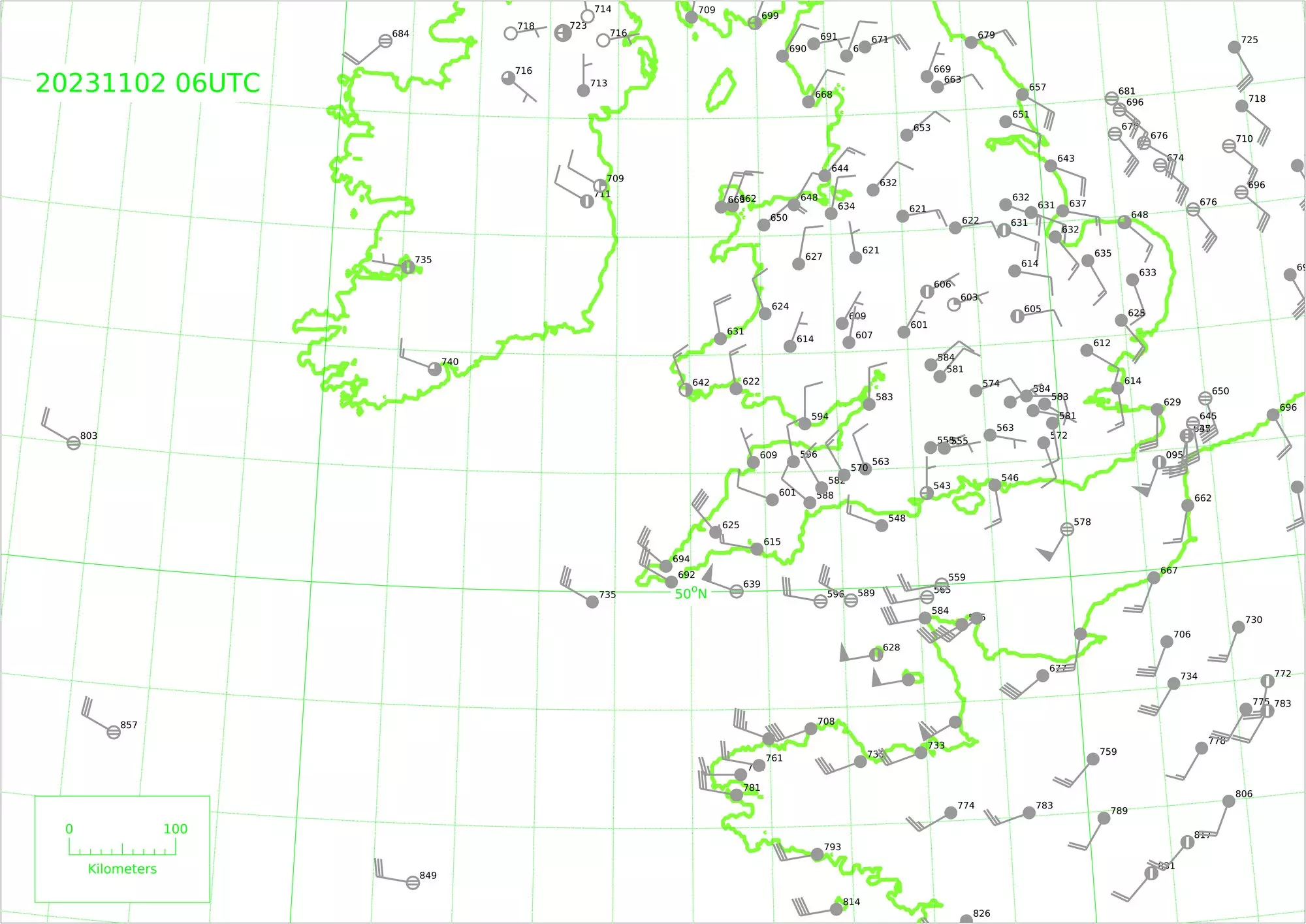The recent study conducted by the University of Reading demonstrates the groundbreaking capabilities of artificial intelligence (AI) in predicting the path and intensity of major storms. According to Professor Andrew Charlton-Perez, AI is revolutionizing weather forecasting by enabling rapid and accurate predictions through machine learning techniques. This signifies a major shift from traditional forecasting methods, as AI models are now capable of producing global forecasts in a matter of minutes, offering a cost-effective and efficient alternative.
To evaluate the effectiveness of AI-based weather models, researchers at the University of Reading conducted a comparative analysis of AI and physics-based forecasts focusing on Storm Ciarán, a devastating windstorm that struck Europe in November 2023. By utilizing four AI models developed by tech giants like Google, Nvidia, and Huawei, the study found that AI predictions were on par with traditional forecasts in terms of accuracy, particularly in predicting the storm’s rapid intensification and trajectory 48 hours in advance.
While AI models excelled in capturing the large-scale atmospheric conditions that contributed to Storm Ciarán’s development, there were notable discrepancies in predicting the storm’s maximum wind speeds. The AI systems consistently underestimated the intensity of the storm, failing to accurately forecast wind gusts of up to 111 knots in certain areas. This underestimation was attributed to the AI models’ inability to account for specific features of the storm, such as temperature differentials near its center.
The study underscores the importance of further research into the use of AI in weather prediction to enhance the accuracy and reliability of forecasts, especially in the face of extreme weather events like Storm Ciarán. By refining machine learning models and addressing their limitations, artificial intelligence could play a crucial role in the future of weather forecasting, offering significant time and cost savings for meteorologists and improving public safety.
The study on AI-based weather prediction presents a paradigm shift in the field of meteorology, showcasing the immense potential of artificial intelligence in revolutionizing forecasting capabilities. By leveraging the power of machine learning and continued research efforts, the integration of AI into weather prediction could pave the way for more precise and efficient forecasting methods, ultimately benefiting society as a whole.



Leave a Reply